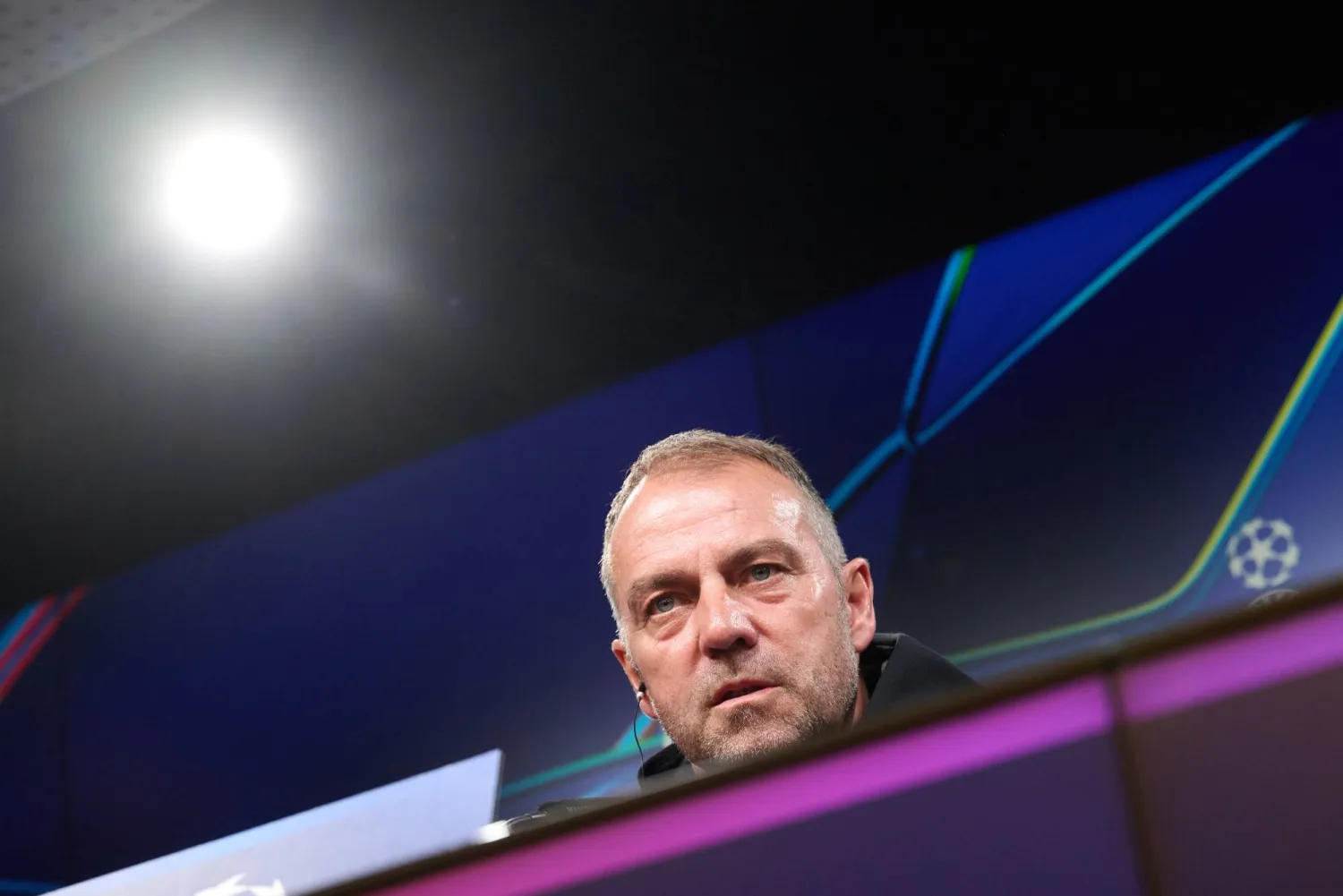Since Hansi Flick arrived in Barcelona in the summer of 2024 things have largely gone better than even he might have hoped, at least until the past week.
Revitalizing the Catalan giants and inspiring them to a domestic treble last season, as well as steering them to the final four of the Champions League for the first time in six years was an excellent accomplishment.
The current campaign has been a bumpier ride, in part due to injury problems, but Barca were still going strong until two consecutive defeats sapped morale as the business end of the season approaches.
Barca host Levante on Sunday at Camp Nou in La Liga as they aim to get back on track and potentially reclaim top spot from rivals Real Madrid, who visit Osasuna on Saturday.
Los Blancos moved two points ahead of Barca last weekend and stayed there as Flick's side crumbled in a 2-1 defeat at neighbors Girona on Monday.
That was hot on the heels of a 4-0 humiliation by Atletico Madrid in the Copa del Rey semi-final first leg, arguably Barca's worst performance since Flick's arrival.
Barca protested officiating mistakes in both games, and although the refereeing technical committee later admitted some fault, it does not absolve the Blaugrana of two worrying displays.
"We are not in a good mood, not in a good moment," admitted Flick.
"I gave the team two days off, because I think it's important that they reset."
The coach said his side, who hope to have playmaker Pedri Gonzalez back in action against Levante after injury, may be tired but also needed to buck up their ideas.
"(Mistakes) could be something to do with if they are tired, not fresh enough... but at the end we have to have the hunger to win the games," said Flick.
"When they come back I want another mentality, another level, they (must) train and play at."
Since Flick arrived Barca have played an ultra-attacking style with a high defensive line, leading to a lot of high-scoring games.
However, with the injuries they have had this season, perhaps partly due to wear-and-tear due to Flick's demands over pressing, they are creating less and finishing more inefficiently.
Both central strikers, Robert Lewandowski and Ferran Torres, are out of form in 2026.
The defense, meanwhile, is as porous as ever and with Pedri missing eight of the last 14 league games, they have struggled for control in midfield.
Flick's recent comments about not adjusting his approach regardless of the opponent Barca face are cause for concern.
"I don't take care if (the opponents) play five at the back or if they have a fast striker. We have the quality and this is what I want to see," said Flick last week, although recent results suggest perhaps he should look to tweak things more reactively.
Against Atletico the pace of wingers Ademola Lookman and Giuliano Simeone helped rip Barca's defense to shreds.
Although Barca are firm favorites against Levante, 19th, the trio of games which follow, leading into the Champions League last 16, are key to stopping the season from spiraling away from them.
They next host high-flying Villarreal, before the Copa semi second leg against Atletico and a tricky visit to the San Mames to play Athletic Bilbao.









